Cornea, Cataract & Refractive Surgeon
Dr. Redens was the Program Director for the Department of Ophthalmology at Louisiana State University and the staff physician sub specializing in cornea and anterior segment disease. For more than 25 years he has had the unique role of educating resident physicians in medical and surgical ophthalmology and personally taking care of a very large population of patients, both medically and surgically. Dr. Redens has considerable expertise in cataract surgery, corneal transplantation, and a myriad of conditions affecting the anterior segment.
Dr. Redens grew up in Northern California, received his undergraduate degree from UC Davis and attended medical school at Albany Medical College of Union University (upstate NY). He did his internship in Internal Medicine at Saint Marys’ Medical Center in San Francisco, Ophthalmology Residency at Louisiana State University in Shreveport and did his Fellowship at UT Southwestern Medical Center in Dallas. Following his Fellowship Dr. Redens spent about 1 year in California in private practice before he was vigorously encouraged to join the faculty at LSU-where he has thrived since 1998. Dr. Redens prides himself as a problem solver with a deep understanding of anterior segment surgery. He has many, many patients with significant and complex ocular issues who see well as a result of his care. Importantly, with these skills acquired over time he demonstrates humility and genuine pleasure in his patients doing well. He has often said that he does not take credit for good outcomes-he’s pleased that the patient is happy and functioning better. Dr. Redens overwhelmingly has strongly positive reviews by patients, who report that he listens to them, seems to genuinely care about them, and maintains a sharp wit with a good sense of humor.
Outside of medicine, Dr. Redens is a dedicated family man that loves the outdoors, biking, hiking, surfing (he was decent at one time!), good food and the majestic Pacific. He has been to Hawai’i many times, has strong friendships and real connections to the island and its people, and very much looks forward to strongly positively contributing to their ocular health and well-being.



Whether it's macular degeneration or cataracts or a simple eye exam, you can find the most advanced care at our offices across the islands. Mahalo, David, for taking the time to tell about your experience with Dr. Miller and our Kona team while they took care of your macular degeneration. We take care of our patients like they are 'ohana.
🌺#ohana #MacularDegeneration #hawaii #bigisland #Eyecare ... See MoreSee Less
0 CommentsComment on Facebook
Each year, approximately 100,000 people suffer sports-related eye injuries, with around 13,500 leading to permanent vision loss. Most sports-related eye injuries can be prevented by wearing the right protective gear. Visit our optical in Kona and Lihue to get outfitted with the right eyewear for your active lifestyle.
#SportsEyeSafety #ProtectiveEyewear #sportsprotection ... See MoreSee Less
0 CommentsComment on Facebook
Your vision plays a vital role in your quality of life, and routine eye exams can help detect early signs of systemic conditions like diabetes, hypertension, and more.
✅ Schedule your annual eye exam
✅ Protect your eyes from UV rays
✅ Eat a nutrient-rich diet for healthy vision
Let’s keep our eyes—and our bodies—healthy together. 💙
#WorldHealthDay #EyeHealthMatters #VisionCare #Ophthalmology #HealthyEyesHealthyYou ... See MoreSee Less
0 CommentsComment on Facebook
Don't live with cloudy vision due to cataracts. We offer advanced Laser Cataract Surgery at the Ali’i Surgery Center on Oahu. Call us today to schedule your cataract exam and discover if now is the time for your cataract surgery. ... See MoreSee Less
0 CommentsComment on Facebook
We are so blessed with amazing optometrists who care deeply for our 'ohana. Mahalo Dr. Kashiwa, Dr. Ho and Dr. Bryant for taking such great care of our community. Happy World Optometry Day. ... See MoreSee Less
0 CommentsComment on Facebook
"Cez” has been working in the field of ophthalmology for over 18 years and has been with us for 12. She even volunteers her services to provide free eye care in the Philippines as part of the Bayanihan Without Walls Program. She serves multi-functionally as the clinic manager for all BEI locations and as a lead surgery coordinator/technician. A fluent native speaker of Ilocano and Tagalog, Cez is very passionate and tremendously happy and dedicated to providing quality eye care to every patient who comes her way. Drop a ❤️ or a comment below to thank her for all her hard work! ... See MoreSee Less
0 CommentsComment on Facebook